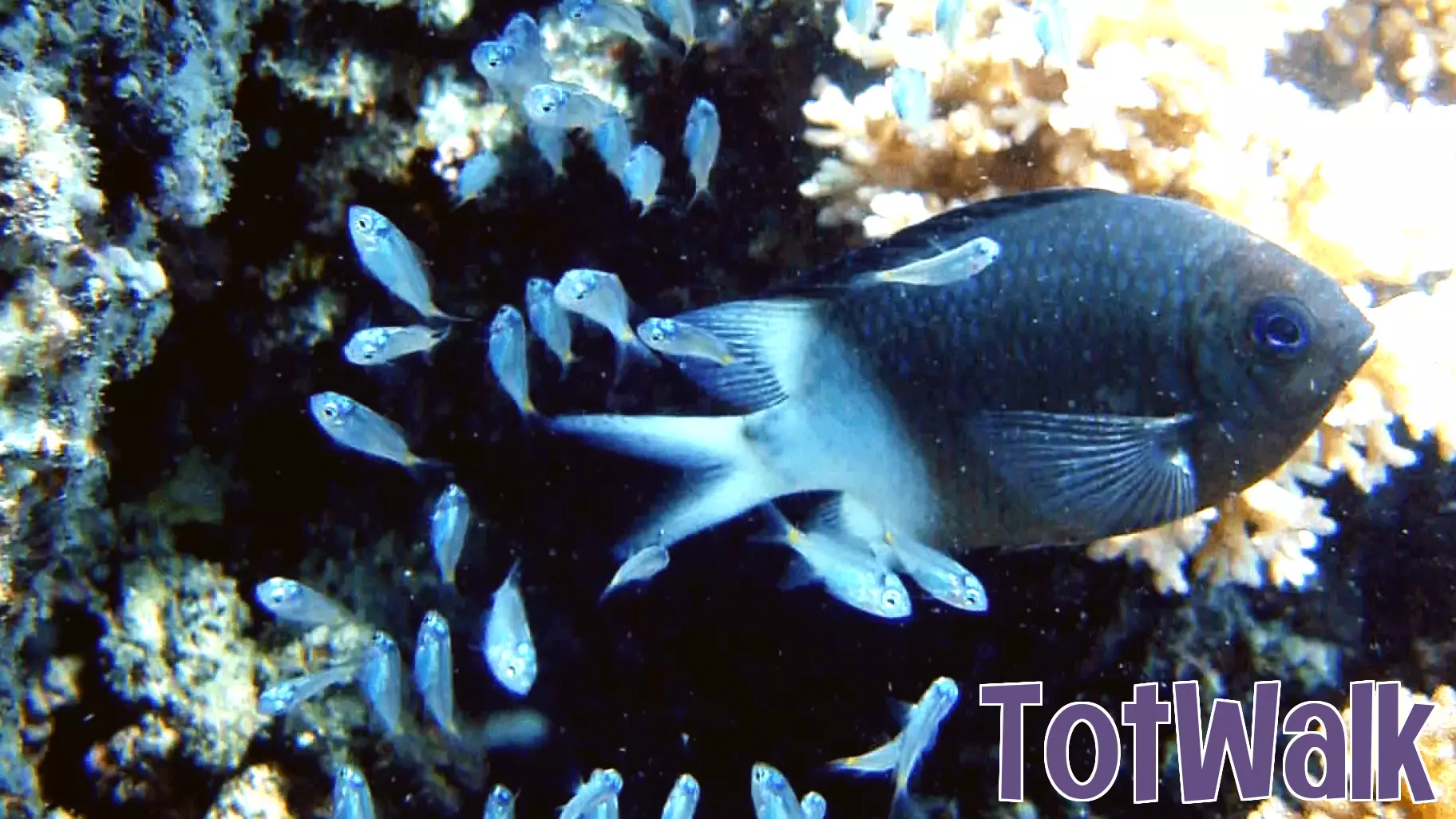December 12, 2024 - 05:51

In a remarkable display of nature's ingenuity, certain fish species in the Great Barrier Reef have adopted a unique form of parenting that effectively shields their young from harmful bloodsucking parasites. This approach, often referred to as "helicopter parenting," involves the adult fish closely monitoring and protecting their offspring, ensuring they are kept safe from potential threats in their environment.
Research indicates that this vigilant behavior significantly reduces the risk of parasitic infections, which can devastate fish populations. By staying close to their young and actively defending them against predators and parasites, these fish enhance their chances of survival during critical developmental stages.
This phenomenon raises intriguing questions about the evolutionary advantages of such protective behaviors. It’s fascinating to consider why more fish species do not adopt similar strategies, given the clear benefits observed. As scientists continue to study these interactions, the potential for understanding broader ecological impacts and parenting strategies in the animal kingdom remains vast.



